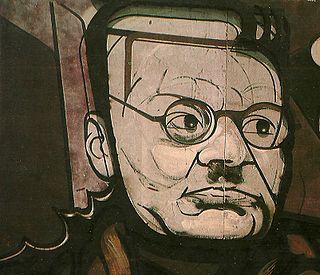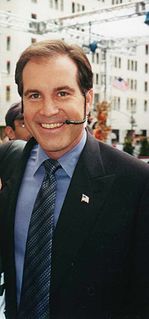A Quote by Jose Clemente Orozco
All praise to the masters indeed, but we too could produce a Kant or a Hugo.
Related Quotes
Our entire being is fashioned as an instrument of praise. Just as a master violin maker designs an instrument to produce maximum aesthetic results, so God tailor-made our bodies, souls and spirits to work together in consonance to produce pleasing expressions of praise and worship. When we use body language to express praise, that which is internal becomes visible.
in the nineteenth year and the eleventh month speak your tattered Kaddish for all suicides: Praise to life though it crumbled in like a tunnel on ones we knew and loved Praise to life though its windows blew shut on the breathing-room of ones we knew and loved Praise to life though ones we knew and loved loved it badly, too well, and not enough Praise to life though it tightened like a knot on the hearts of ones we thought we knew loved us Praise to life giving room and reason to ones we knew and loved who felt unpraisable. Praise to them, how they loved it, when they could.
Kant argued that, where nature could be considered beautiful in her acts of destruction, human violence appeared instead as monstrous. However, a misreading of Kant in Romantic philosophy led to the idealization of the murderer as a sublime genius that has colored constructions of that criminal figure ever since.
I could tell Hugo was convinced that he would get to walk back up these stairs: after all, he was a civilized person. These were all civilized people. Hugo really couldn't imagine that anything irreparable could happen to him, because he was a middle-class white American with a college education, as were all the people on the stairs with us. I had no such conviction. I was not a wholly civilized person.
Why, i' faith, methinks she's too low for a high praise, too brown for a fair praise and too little for a great praise: only this commendation I can afford her, that were she other than she is, she were unhandsome; and being no other but as she is, I do not like her. (Benedick, from Much Ado About Nothing)
Just as we might take Darwin as an example of the normal extraverted thinking type, the normal introverted thinking type could be represented by Kant. The one speaks with facts, the other relies on the subjective factor. Darwin ranges over the wide field of objective reality, Kant restricts himself to a critique of knowledge.

































